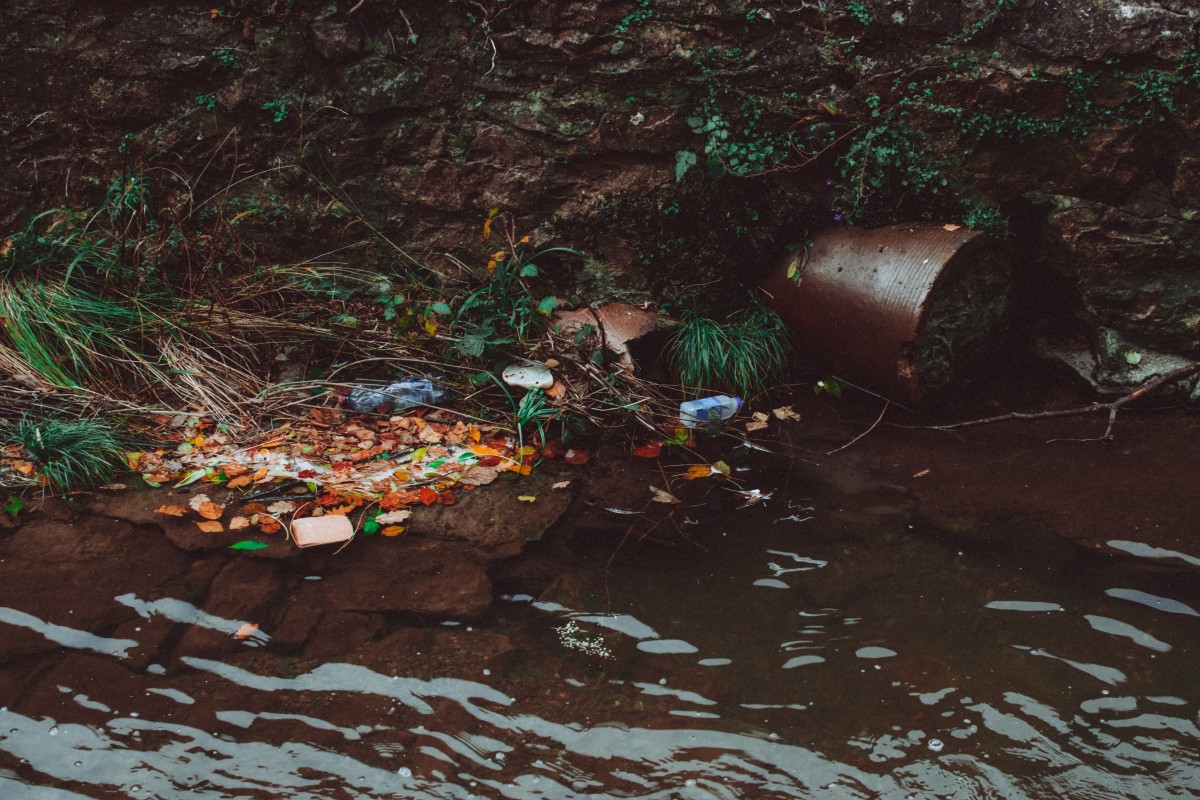The Negative Impact of Stormwater Runoff on Our Environment
You know that water you see rushing down the street during a rainstorm? That's called stormwater runoff, and it happens when water from rain or melting snow flows over pavement, driveways, and land and ends up in storm drains. It might not seem like a big deal, but stormwater runoff can have some seriously negative effects on the environment.
The main issue with stormwater runoff is that it often carries pollutants such as oil, bacteria, pesticides, and fertilizers, into local waterways. This often has a devastating impact on aquatic ecosystems harming fish, insects, and other aquatic life, as well as making the water unsafe for human use and consumption. In addition to pollution, stormwater runoff also causes erosion and loss of habitats, reducing the availability of safe and suitable living areas for local wildlife.

Reducing Stormwater Runoff
Reducing stormwater runoff is important to protect our environment and our communities. By implementing simple practices, we can all do our part to reduce stormwater runoff and prevent its negative impacts on our environment. From using rain barrels to properly disposing of hazardous materials, each action we take can make a difference. Here are ten ways we can take to reduce stormwater runoff and protect our local waterways.
- Use rain barrels or cisterns to collect and store rainwater for later use.
- Build a rain garden to capture and filter stormwater runoff.
- Plant vegetation, such as grasses and trees, to absorb and filter stormwater runoff.
- Use permeable pavement, which allows water to filter through it and into the ground, instead of flowing off of the pavement and into storm drains.
- Properly dispose of hazardous materials, such as oil, paint, and chemicals, to prevent them from polluting waterways.
- Use natural fertilizers and pesticides instead of synthetic ones, which can be harmful to water quality.
- Maintain your vehicle to prevent leaks of oil and other fluids, which can end up in stormwater runoff.
- Avoid over-watering your lawn and garden, as excess water can run off into storm drains.
- Properly dispose of pet waste, which can contain harmful bacteria that can end up in waterways.
- Support local conservation efforts and advocacy for policies that address stormwater runoff and protect water quality.
Building a Sustainable Community Starts Here
Want to learn more about how you can make a difference in your community and support the environment? Join our newsletter and take a look around our website to find out about upcoming events, volunteer opportunities, and resources that can help you live more sustainably. Together, we can make a positive impact on our local ecosystem.